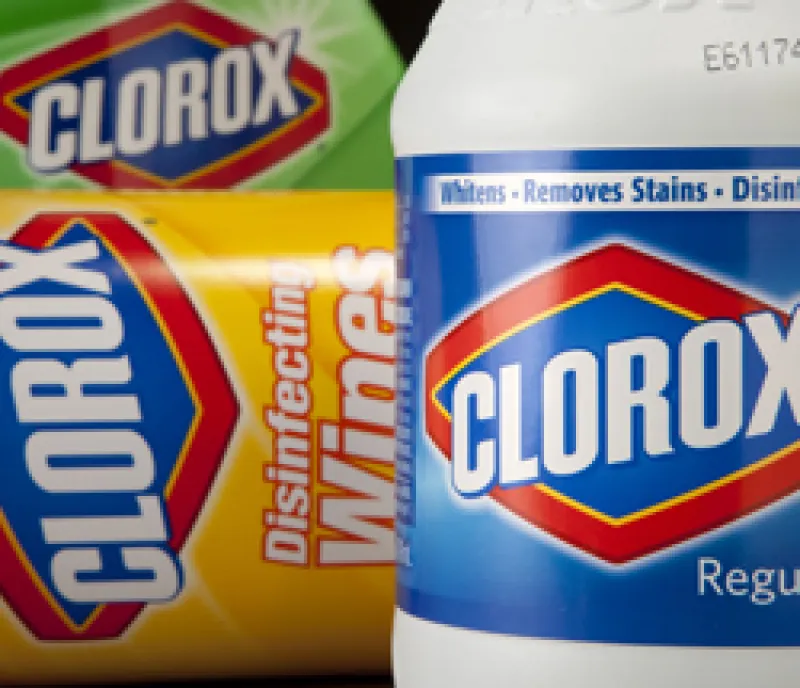
Icahn’s Clorox Bid: Another Dynegy or Mentor?
Will Carl Icahn’s bid to buy Clorox wind up resembling his earlier bid for Mentor Graphics or Dynegy?
Stephen Taub
July 20, 2011



